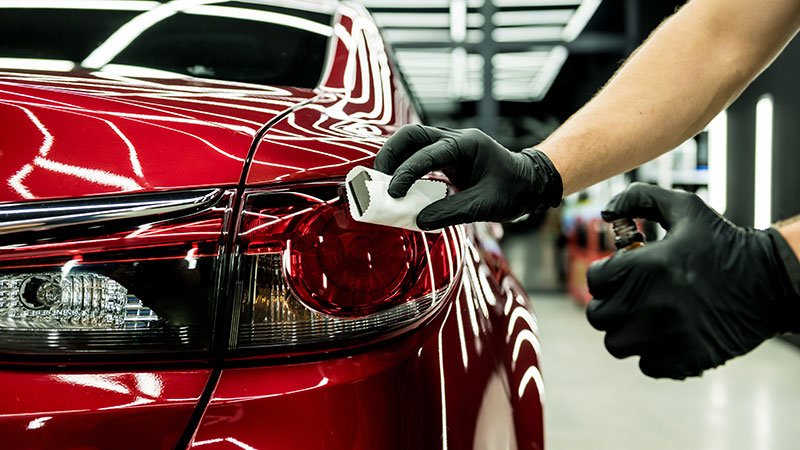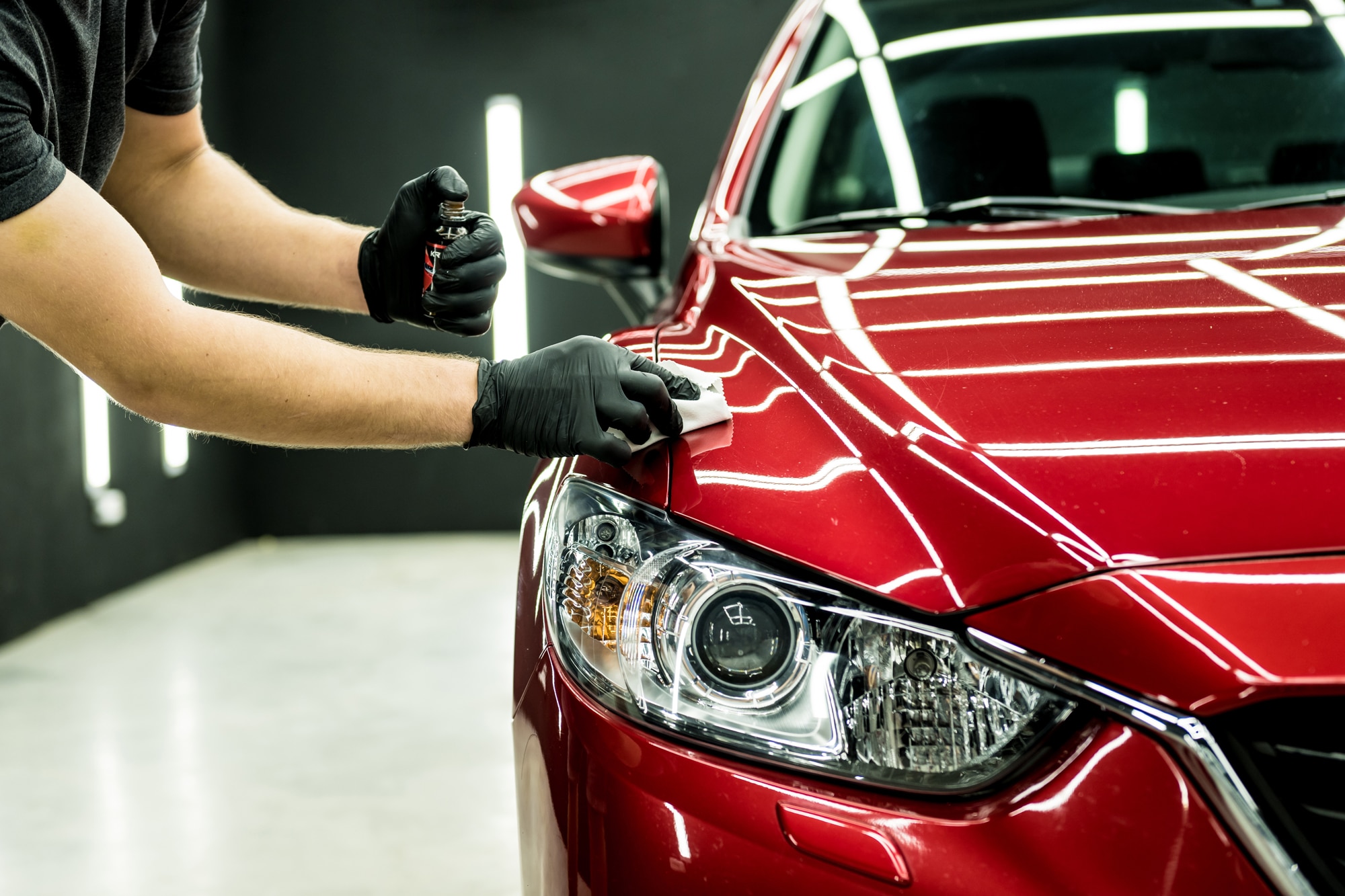Experience top-rated auto detailing for scratch removal.
Experience top-rated auto detailing for scratch removal.
Blog Article
A Comprehensive Guide to the Sorts Of Ceramic Finishing on the Market
Ceramic coverings have actually emerged as a critical remedy throughout different sectors due to their special homes and applications. As we explore the distinct qualities and applications of these finishes, the implications for performance and long life become increasingly noticeable, increasing questions about which type might finest match your requirements.
Understanding Ceramic Coatings
Ceramic coverings are advanced protective options that have acquired appeal in various markets, specifically in vehicle and aerospace applications. These finishings consist of a liquid polymer that, when cured, develops a long lasting, hydrophobic layer on the surface of the substratum. This layer offers enhanced resistance to environmental pollutants, UV radiation, and chemical exposure, therefore prolonging the life and aesthetic charm of the underlying product.
The fundamental component of ceramic coverings is silica, which adds to their solidity and toughness. The application procedure usually entails surface preparation, application of the finish, and healing, which can be attained with heat or UV light. Once cured, ceramic finishes display phenomenal bonding properties, enabling them to adhere highly to a variety of surface areas, consisting of steels, plastics, and glass.
Along with their safety features, ceramic coverings additionally offer simplicity of maintenance. Their hydrophobic nature reduces the adherence of dirt and grime, making cleansing easier and less regular. Generally, the fostering of ceramic finishings stands for a substantial advancement in surface area defense technology, supplying both functional and aesthetic benefits throughout multiple fields.
Kinds of Ceramic Coatings
Numerous kinds of ceramic coverings are available, each designed to fulfill specific efficiency needs and applications - Auto Detailing. The most typical types include:
Silica-based Coatings: These finishes mostly include silicon dioxide and are known for their durability and chemical resistance. They are widely utilized in automobile and commercial applications.
Titanium Dioxide Coatings: Prominent for their photocatalytic buildings, titanium dioxide layers are typically applied in environments where self-cleaning and antifungal buildings are preferable, such as in building materials and vehicle surfaces.
Zirconia Coatings: Defined by their high-temperature security and thermal resistance, zirconia layers are utilized in applications such as wind turbine engines and high-performance automobile parts.
Alumina Coatings: Showing outstanding hardness and thermal stability, alumina layers are often utilized in wear-resistant applications, including cutting tools and industrial equipment. - Auto Detailing
Hybrid Coatings: Integrating the properties of various materials, crossbreed coverings provide enhanced efficiency features, making them ideal for special and requiring applications.
Each kind of ceramic finishing serves unique functions, enabling users to pick one of the most appropriate option based on details environmental conditions and efficiency demands.
Benefits of Ceramic Coatings
Ceramic finishings, in specific, offer many advantages that make them significantly preferred among manufacturers and consumers alike. These coverings are immune to scrapes, chemicals, and UV rays, ensuring that the underlying surface continues to be safeguarded over time.
In addition to longevity, ceramic finishes give outstanding hydrophobic properties, enabling simple cleansing and maintenance. This water-repellent nature lessens the adherence of dust, grime, and other impurities, which can extend the visual allure and performance of the surface area. Ceramic finishes can dramatically boost thermal resistance, making them suitable for applications that withstand high temperature levels.

Application Refine
When applying ceramic finishings, a thorough strategy is essential to accomplish optimum outcomes. The application procedure normally starts with thorough surface area preparation. This involves cleaning, sanitizing, and polishing the surface area to remove all contaminations, consisting of dust, grease, and prior waxes or sealers. A clean surface area guarantees correct bond of the covering.
When the surface is prepped, the next action is to use the ceramic covering. This can be done using an applicator pad or a microfiber fabric, making certain even protection. It is crucial to operate in tiny areas to keep control and stop premature treating. The finishing needs to be used in thin layers, as thicker applications can cause unequal coatings.
After application, the finishing calls for a details curing time, normally varying from a couple of hours to a complete day, depending on the product. Complying with these steps vigilantly will make the most of the effectiveness and durability of the ceramic layer, offering a sturdy safety layer for the surface area.
Upkeep and Long Life
To make sure the longevity and efficiency of a ceramic layer, normal upkeep is vital. Ceramic coatings, recognized for their longevity and protective high qualities, call for specific treatment routines to optimize their lifespan and performance. The primary step in maintenance includes routine washing with pH-neutral soap, staying clear of harsh chemicals that can weaken the finishing. It is suggested to wash the car routinely, preferably every two weeks, to avoid the accumulation of contaminants that might endanger the coating's integrity.
In addition to regular washing, regular inspections are critical. Search for indicators of wear or damages, such as hydrophobic homes lessening or surface imperfections. If required, a light polish might be used to renew the finish without removing it away.
Moreover, the application of a booster spray can boost the see post layer's hydrophobic impacts and recover its gloss. This is especially helpful for coverings that have remained in usage for an extended period. Eventually, by adhering to these maintenance methods, one can substantially prolong the life of a ceramic coating, making certain that More Help it remains to give optimal protection versus ecological variables and maintain the visual charm of the car.
Conclusion

Report this page